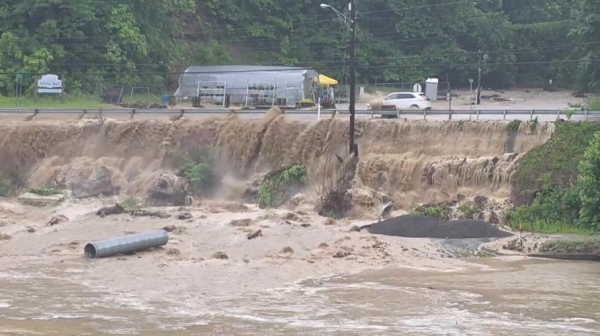Subscribe to Stay Informed
Back to News

Marion County Flooding 6/15/2025 Well/Septic System Information
Posted 06/16/25
If you are a resident of Marion County, WV with a private well or septic system and have experienced flooding, here's important information to keep in mind:
Well Water:
- Do not drink flood-affected well water until it has been tested.
- Contact the Marion County Health Department (MCHD) to schedule a free well water test for contamination.
- Annual testing for bacteriological contamination is recommended, especially after flooding.
- If your well water tests positive for E. coli or total coliform after a flood, you will need to disinfect your well.
- The MCHD can provide instructions for disinfecting a private well.
Septic Systems:
- Avoid using your septic system until floodwaters have receded below the level of the soil absorption field.
- Limit water usage during heavy rains or flooding to prevent overwhelming the system.
- If you suspect damage, have your septic tank professionally inspected and serviced.
- Only trained specialists should handle septic tank cleaning or repairs due to the presence of dangerous gases.
- Signs of damage include settling or an inability to accept water.
- Pump the septic system as soon as possible after the flood to remove silt and debris, but do not pump if the drainfield is still flooded or saturated.
- Avoid compacting the soil over the absorption field, particularly when it is saturated.
- Inspect electrical connections for damage before restoring power.
- Ensure the septic tank's manhole cover is secure and that inspection ports are not blocked.
- Repair any erosion damage and reseed vegetation over the septic system.
- If sewage has backed up into your basement, clean and disinfect the area using a chlorine solution.
Call us at 304-366-3360.
